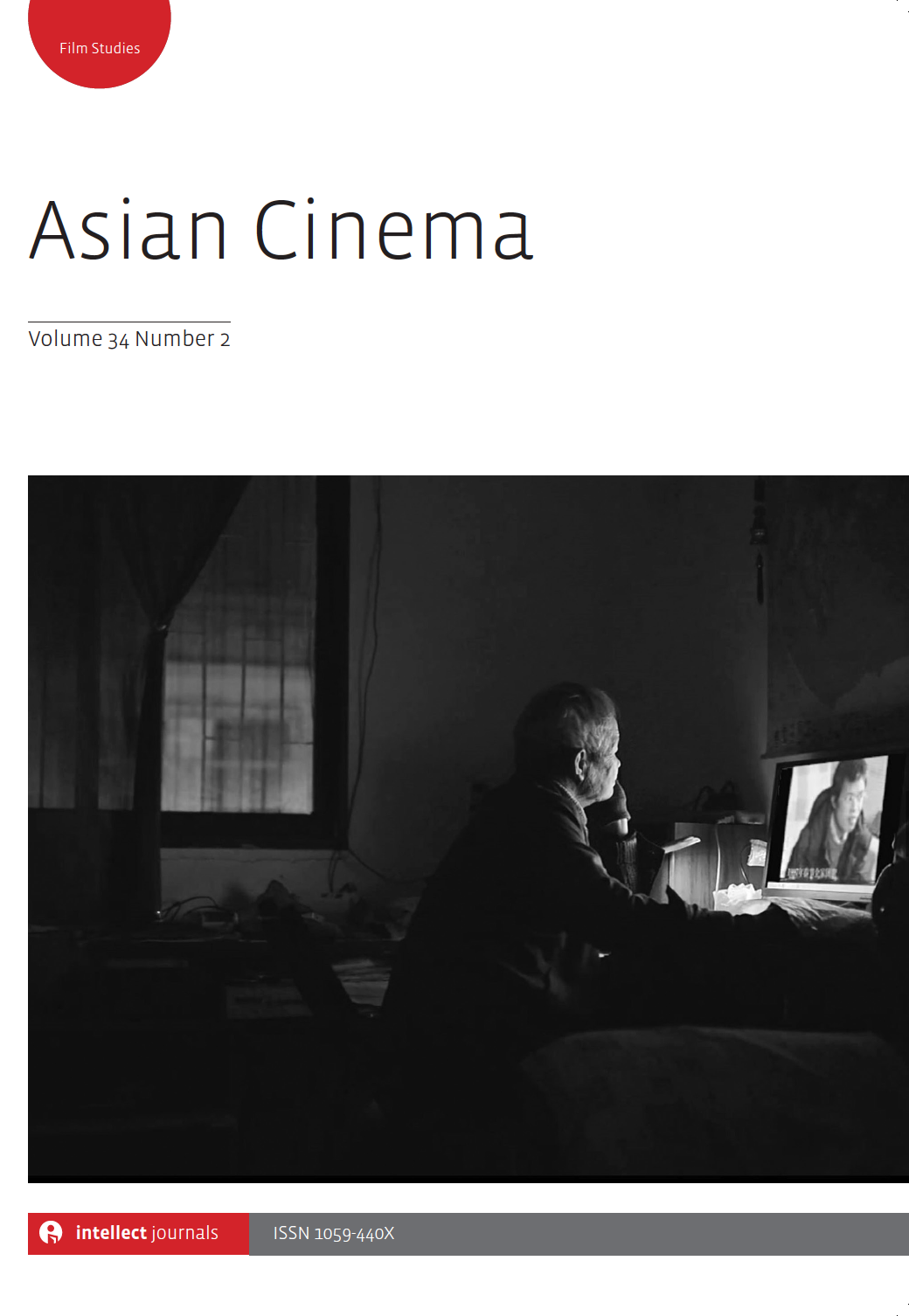- Home
- A-Z Publications
- Asian Cinema
- Previous Issues
- Volume 16, Issue 1, 2005
Asian Cinema - Volume 16, Issue 1, 2005
Volume 16, Issue 1, 2005
-
-
The Significance of Island of Demons and Kriss: The Bali Sub-genre of the South-Seas Films, Their Primitivist Discourse and Tropicalist Fantasy
More LessBy Geff GreenThis paper explores the articulation of Dutch East Indies colonial ideology through the two "Bali Films' strongly influenced by Walter Spies and wider colonial and primitivist discourses provided by contemporary reviews of the films. I discuss the reception of the films in the arena of visual-linguistic exchange, interpretation and contestation in the "contact zone. " In doing so, I examine the relationship between documentary, ethnography, and fictional narrative and analyze examples of ethnocentricity in terms of reference when viewing and evaluating visual material. This is done through an analysis of the discourse in reviews of the films and includes the subjects of landscape as an arena of visual linguistic contestation, the spurious interpretation of Otherness as "authenticity, " and the discourse of colonial possession and desire, which in turn, I equate with the development of sexual tourism in Bali.
In analyzing the films themselves, I examine some early characteristics of the film documentary genre, relationships between colonial novels, tourist paintings, and "ethnographic" narrative film in the colonial context of the Dutch East Indies. This includes discussion of displacement of native exploitation onto the ethnic Chinese. More specifically, I scrutinize audience, identification, and interrelationships between colonial narrative forms.
From my exploration of the film texts in relation to their reception in the form of the reviews, I highlight the concrete manifestation of primitivist views allowing the construction of Orientalist fantasy by filmmakers and viewers. This is based on misapprehended notions of authenticity amounting to the creation and perpetuation of a varied range of views about the films, all of which coalesce around a condescending apology of colonialism and over-simplified misunderstanding of Other cultures.
-
Volumes & issues
-
Volume 34 (2023)
-
Volume 33 (2022)
-
Volume 32 (2021)
-
Volume 31 (2020)
-
Volume 30 (2019)
-
Volume 29 (2018)
-
Volume 28 (2017)
-
Volume 27 (2016)
-
Volume 26 (2015)
-
Volume 25 (2014)
-
Volume 24 (2013)
-
Volume 23 (2012)
-
Volume 22 (2011)
-
Volume 21 (2010)
-
Volume 20 (2009)
-
Volume 19 (2008)
-
Volume 18 (2007)
-
Volume 17 (2006)
-
Volume 16 (2005)
-
Volume 15 (2004)
-
Volume 14 (2003)
-
Volume 13 (2002)
-
Volume 12 (2001)
-
Volume 11 (2000)
-
Volume 10 (1998 - 1999)
-
Volume 9 (1997 - 1998)
-
Volume 8 (1996)
-
Volume 7 (1995)
-
Volume 6 (1993)
Most Read This Month


